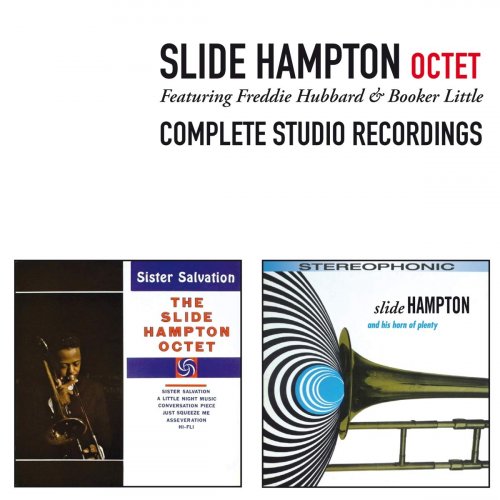Misha Maisky - J.S. Bach: 6 Cello-Suiten (1985)
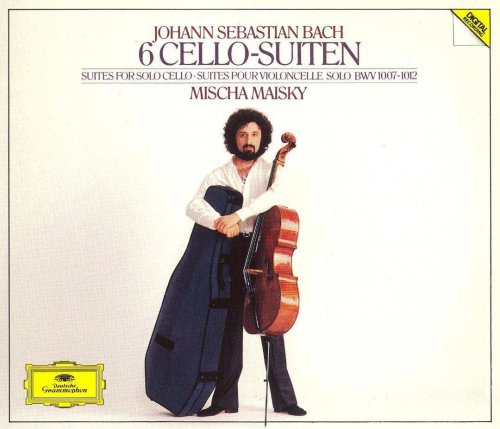
Artist: Misha Maisky
Title: J.S. Bach: 6 Cello-Suiten
Year Of Release: 1985
Label: Deutsche Grammophon
Genre: Classical
Quality: FLAC (image+.cue,log,scans)
Total Time: 02:47:24
Total Size: 832 Mb
WebSite: Album Preview
Tracklist: Title: J.S. Bach: 6 Cello-Suiten
Year Of Release: 1985
Label: Deutsche Grammophon
Genre: Classical
Quality: FLAC (image+.cue,log,scans)
Total Time: 02:47:24
Total Size: 832 Mb
WebSite: Album Preview
CD 1:
Suite No. 1 G-dur BWV 1007
1. I. Prélude 2:39
2. II. Allemande 4:37
3. III. Courante 2:42
4. IV. Sarabande 3:58
5. V. Menuet I/II 3:52
6. VI. Gigue 1:55
Suite No. 4 Es-dur BWV 1010
7. I. Prélude 6:23
8. II. Allemande 4:32
9. III. Courante 4:10
10. IV. Sarabande 5:05
11. V. Bourrée I/II 5:52
12. VI. Gigue 2:59
Suite No. 5 c-moll BWV 1011
13. I. Prélude 7:50
14. II. Allemande 6:59
15. III. Courante 2:13
16. IV. Sarabande 4:54
17. V. Gavotte I/II
18. VI. Gigue 2:31
CD 2:
Suite No. 3 C-dur BWV 1009
1. I. Prélude 4:41
2. II. Allemande 3:08
3. III. Courante 2:44
4. IV. Sarabande 6:02
5. V. Bourrée I/II 4:50
6. Gigue 3:14
Suite No. 2 d-moll BWV 1008
7. I. Prélude 4:23
8. II. Allemande 3:24
9. III. Courante 1:43
10. IV. Sarabande 6:54
11. V. Menuet I/II 3:55
12. VI. Gigue 3:03
Suite No. 6 D-dur BWV 1012
13. I. Prélude 5:47
14. II. Allemande 8:40
15. III. Courante 3:37
16. IV. Sarabande 3:38
17. V. Gavotte I/II 4:58
18. VI. Gigue 4:00
Performers:
Mischa Maisky, cello
Many people have accused the Maisky interpretation of the Bach Unaccompanied Cello Suites as "romanticized." I have just two words for Maisky's critics: "So What?"
What truly matters is that Mischa Maisky is the most energetic and most original devotee of Bach. His version of the Bach Cello Suites is not only the best in the market today, but more importantly, demonstrates that music should be played by an artist, not for the sake of accuracy, but for the purpose of art and its resulting empathy which infuses the audience.
The Bach Cello Suites have never been played with such virtuosity. The flourishing vibrato and climaxes of the D minor Prelude, the joyous, celebratory exultations of the D major Gavotte and Gigue, and the haunting intonations of the C minor Sarabande, demonstrates that Mr. Maisky expresses and translates his own subjective, emotional candor in a very objective and skillful interpretation of the Bach Suites.
The Maisky interpretation does not fulfill the ascetic, baroque qualities of Bach, such as in the superb recordings of Yo-Yo Ma. Yet, it completely transcends Bach to a more modern and ethereal focus. Only a handful of Bach devotees have attempted to do this and still be able to maintain the spirit of Bach. These artists would include names such as, Glenn Gould, Arthur Grumiaux, Mstislav Rostropovich, Oscar Shumsky, and now, with his splendid interpretation, Mischa Maisky.
The criticism inflicted upon Mr. Maisky is probably as a result of the first impressions made with his expeditious rendition of the G major Prelude. At first, this unorthodox rendition threw me off as well, yet I became captivated with this approach, because of the enigmatic energy it exudes the more the listener accepts its uninhibited artistry.
Conductor Daniel Barenboim once said that musicians must have a "child-like" quality in their music. He stated this remark because music, in its essence, is an expression of unadulterated, spiritual creativity that musicians must express as if they are playing it for the first time, as a transcendent revelation. Maisky's interpretation, without a question, follows this philosophy and fills the void that has been lacking in Bach since the Rostropovich interpretation of the suites, seven years ago. Thus, it is not unfair to label Mischa Maisky's recording as "child-like," whereas his critics, and their criticism of his interpretation as romanticized, can be called "childish."
What truly matters is that Mischa Maisky is the most energetic and most original devotee of Bach. His version of the Bach Cello Suites is not only the best in the market today, but more importantly, demonstrates that music should be played by an artist, not for the sake of accuracy, but for the purpose of art and its resulting empathy which infuses the audience.
The Bach Cello Suites have never been played with such virtuosity. The flourishing vibrato and climaxes of the D minor Prelude, the joyous, celebratory exultations of the D major Gavotte and Gigue, and the haunting intonations of the C minor Sarabande, demonstrates that Mr. Maisky expresses and translates his own subjective, emotional candor in a very objective and skillful interpretation of the Bach Suites.
The Maisky interpretation does not fulfill the ascetic, baroque qualities of Bach, such as in the superb recordings of Yo-Yo Ma. Yet, it completely transcends Bach to a more modern and ethereal focus. Only a handful of Bach devotees have attempted to do this and still be able to maintain the spirit of Bach. These artists would include names such as, Glenn Gould, Arthur Grumiaux, Mstislav Rostropovich, Oscar Shumsky, and now, with his splendid interpretation, Mischa Maisky.
The criticism inflicted upon Mr. Maisky is probably as a result of the first impressions made with his expeditious rendition of the G major Prelude. At first, this unorthodox rendition threw me off as well, yet I became captivated with this approach, because of the enigmatic energy it exudes the more the listener accepts its uninhibited artistry.
Conductor Daniel Barenboim once said that musicians must have a "child-like" quality in their music. He stated this remark because music, in its essence, is an expression of unadulterated, spiritual creativity that musicians must express as if they are playing it for the first time, as a transcendent revelation. Maisky's interpretation, without a question, follows this philosophy and fills the void that has been lacking in Bach since the Rostropovich interpretation of the suites, seven years ago. Thus, it is not unfair to label Mischa Maisky's recording as "child-like," whereas his critics, and their criticism of his interpretation as romanticized, can be called "childish."
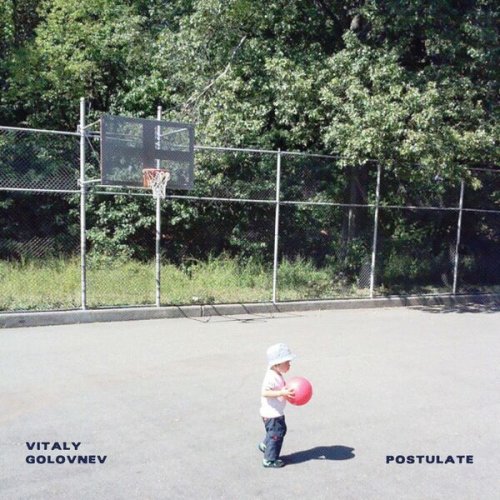
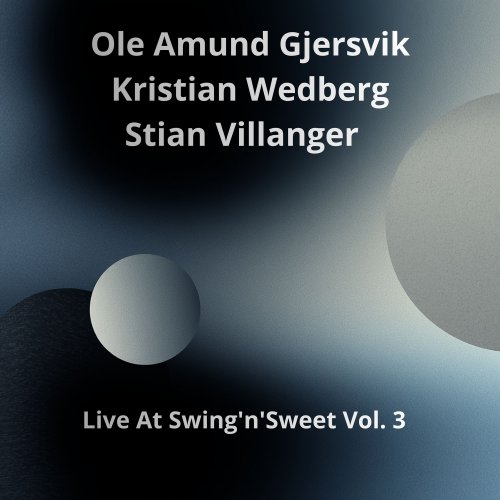
![Tiziano Tononi, Daniele Cavallanti & Nexus - Open Mouth Blues (Remastered) (2026) [Hi-Res] Tiziano Tononi, Daniele Cavallanti & Nexus - Open Mouth Blues (Remastered) (2026) [Hi-Res]](https://www.dibpic.com/uploads/posts/2026-02/1771515311_cover.jpg)
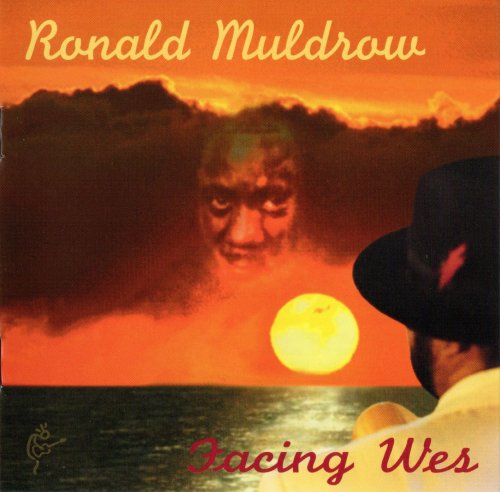
![Bei Bei - Two Moons (2025) [Hi-Res] Bei Bei - Two Moons (2025) [Hi-Res]](https://img.israbox.com/img/2026-02/19/j5lae93g4obtper3un20ilcnv.jpg)
![Brandon Seabrook - Hellbent Daydream (2026) [Hi-Res] Brandon Seabrook - Hellbent Daydream (2026) [Hi-Res]](https://www.dibpic.com/uploads/posts/2026-02/1771429539_a1475136036_10.jpg)
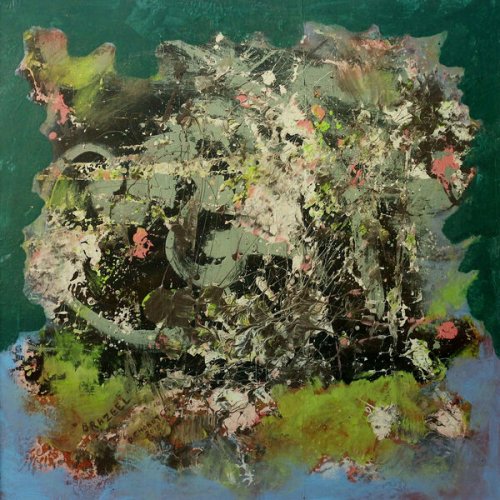
![Eero Koivistoinen - For Children (1970) [2006] Eero Koivistoinen - For Children (1970) [2006]](https://www.dibpic.com/uploads/posts/2026-02/1771615516_ff.jpg)
